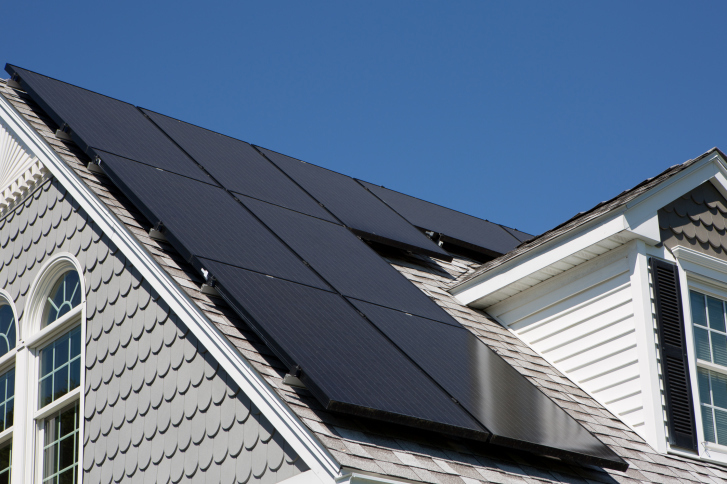Consumers for Smart Solar has obtained more than 100,000 signatures for the “Smart Solar Amendment,” it is promoting, bringing the proposed Florida constitutional amendment closer to state supreme court review. The Smart Solar group must submit 68,314 valid signatures to present the amendment to the state supreme court to approve the language of the amendment for the 2016 ballot.
The so called “Smart Solar” amendment is the second of two proposed constitutional amendments related to home solar power installation’s and sales, groups are attempting to place on the ballot before the state’s next election. Both amendments would give the solar power industry an exclusive carve-out for electricity sales from on-site power equipment. Allowing the industry to install solar panels it owns directly on homes and selling the power produced to home owners. The main difference between the two amendments is under the Smart Solar amendment utilities would continue to charge the owners of roof-top solar installations for connecting to and maintaining their connection to the grid. The Shady Solar amendment requires utilities to pay for the connection and maintenance costs of solar power owners grid connections. Since these costs would be shifted to all ratepayers in general, ultimately non-solar customers would be picking up the costs related to solar customers grid connections.
Competing Amendments
Consumers for Smart Solar proposed the amendment in response to a proposed amendment supported by solar power industry insiders and a group called Floridians for Solar Choice.
Both the Floridians for Solar Choice amendment, which the Smart Solar group refers to as the “Shady Solar” amendment, and the “smart solar” amendment create a special carve-out in the for the solar power industry to compete with state regulated utilities for electric power sales. Either would allow the solar power industry alone to install electricity generation equipment on a piece of property and sell the electricity to the property owners, to off-site customers and back to the utilities themselves, while the solar companies maintain ownership of the equipment as a result, capturing the significant federal, state, and local subsidies granted to the owners of solar power equipment.
Carve-Outs and Subsidies
Since Floridians may already purchase and install solar power equipment on their homes, the ultimate effect of either amendment would be to give the solar power industry a government-enforced monopoly for on-site solar sales and redirect solar power subsidies from the Florida consumers to solar companies.
“Solar power receives an across-the-board 30-percent federal taxpayer subsidy, which dwarfs any subsidies for conventional power generation. As a result, any government efforts to encourage more solar power are merely encouraging more subsidies and higher taxes to pay for them,” said James Taylor, senior fellow for environment policy at The Heartland Institute, publisher of Environment & Climate News.
“Utility customers need real energy reform that does away with harmful mandates and subsidies that ultimately drive up energy costs for all Floridians,” says Andres Malave communications director of Americans for Prosperity in Florida, “A free market for energy means you can put solar panels on your home or plug into the grid, but no one is forced to subsidize any particular form of power. We need less mandates and government interference, not more.”
Floridians appear more amenable to the Smart Solar group than Floridians for Solar Choice. A Mason Dixon poll found 66 percent of Floridians support the Smart Solar amendment while only 30 percent support the Shady Solar amendment.
Though Taylor says he’d prefer neither solar amendment pass, since neither opens the market for electric power to competition, he believes the smart solar amendment is modestly less objectionable to the Floridians for Solar Choice amendment because it at least prevents some of the cost shifting related to the maintenance of roof top solar systems. “Between the two competing amendments, the Consumers for Smart Solar amendment does not include the most problematic language of the Floridians for Solar Choice amendment,” said Taylor. “The Floridians for Solar Choice amendment appears specifically designed to punish other forms of energy in the name of supporting solar power, take vital protections away from Florida electricity consumers, and divert taxpayer subsidies to out-of-state solar corporations rather than to Floridians. Given a choice between these two competing amendments, it is no surprise that Floridians prefer the ‘Smart Solar’ amendment over the ‘Shady Solar’ amendment.”
Tiffany Taylor ([email protected]) is an intern at The Heartland Institute.




